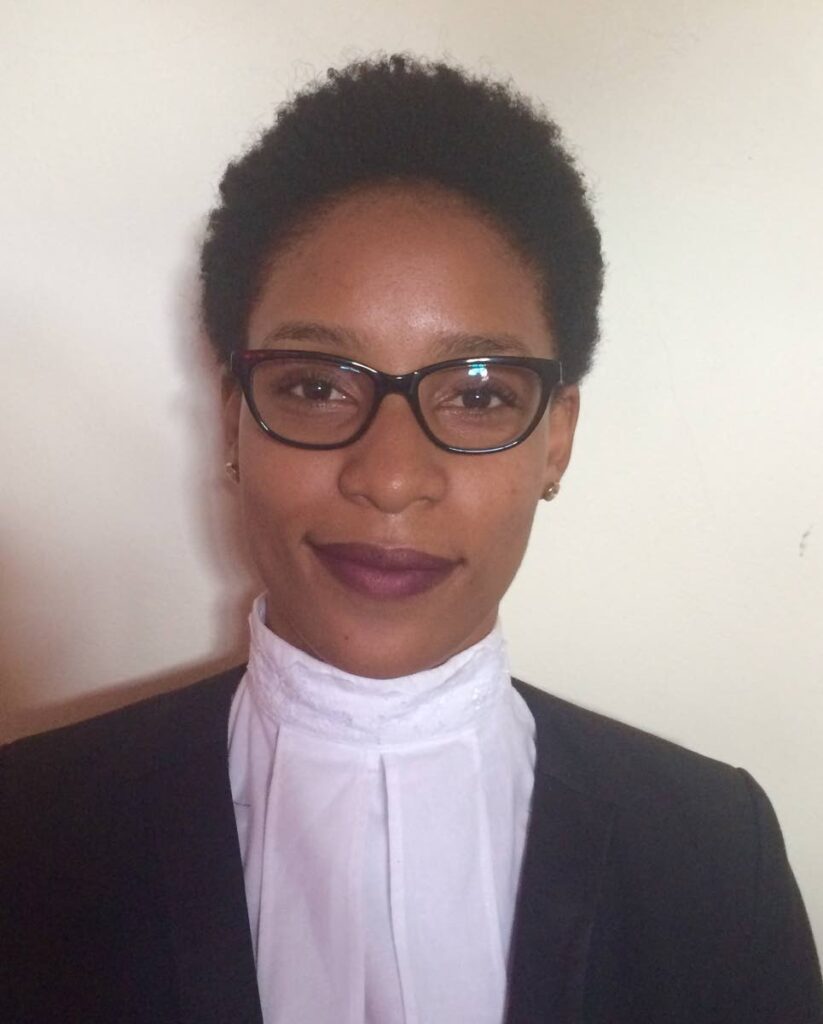No uterus, no say on abortion

KANISA GEORGE
The pro-life versus pro-choice debacle is by far the most contentious woman’s rights issue of the 21st century. In fact, it’s been an issue that has defined the ages and would continue to spark widespread debate for many years to come. As a woman, I believe the concept of autonomy over my own body should be as natural to human comprehension as breathing. Regardless of your stance on the issue, the right to exercise agency over one’s own life is by all accounts all any of us truly desire.
We exist to live, love and among a long list of other things, enjoy the fleeting pleasures derived from sexual intercourse. But if sex is a dance that requires at least two, and getting pregnant usually involves both sexes, why is abortion defined solely as a female rights issue?
Truthfully, I’ve never given this any thought. I mean, why should I? We’re responsible for housing, feeding and delivering the massive human being growing inside us, so why then should it be anything other than a female issue? But, of course, it goes without saying that our right to privacy extends to our medical decisions, and no one could ever dispute that we’re the ones mainly affected by pregnancy.
“But what if I want the baby? Why shouldn’t my voice be heard?” he said.
Imagine my surprise when a close male friend posed this question to me. His question got me thinking about a man’s right to an abortion, and I thought, why should it even matter? But then I stopped to consider that maybe, just maybe, it should.
In 2018, there were 205,295 legal abortions in England and Wales. Legally there is no requirement for spousal consent. If so, how many men were even aware of the pregnancy and how many were actively involved in the decision to terminate?
Surprisingly, one study found that an overwhelming number of men were involved in the process and played an active role in deciding to have an abortion. But even so, there are still a number of male partners, whether in a longer-term relationship or one of a casual nature, who are in the dark about their partner’s abortion.
An overwhelming number of pro-choice campaigners are against any third-party involvement in a woman’s right to choose. They strongly believe legislators, religious groups and male partners should not be made to decide on an issue that doesn’t impact them. One writer believes that giving men anything more than an opinion on abortion is dangerous and diminishes a woman’s personhood and autonomy. This view is standard among some activists who advocate that the systematic abuse of women by forced pregnancy, sabotaging women’s birth control methods, and rape are control mechanisms used by some men to abuse their victims. Allowing men to be part of the conversation grants them added power to further control women. In countries where abortion is legal, laws rarely address the rights of a man, and there are only a handful of countries where consent from the father is mandatory.
One writer believes that if abortion is largely viewed as a reproductive issue, then there is a logical inconsistency when women have the sole right to end a pregnancy, and laws must be enacted to equally support a man’s rights.
Why should men bear the responsibility for a pregnancy he has made clear he doesn’t want? Why should women have a right to terminate but men somehow don’t? And why is the responsibility shared between both parents when women choose to continue a pregnancy a man doesn’t want?
In an effort to elevate fathers’ rights, Sweden proposed legislative changes to give men the right to forgo their parental rights up to the 18th week of a woman’s pregnancy. And there is a widespread campaign in the US for laws that allow men the right to financial abortion and the ability to relinquish their parental rights.
In societies like ours, where abortion is only allowed to preserve a woman’s health, allowing one’s partner to be part of the conversation can become a legal nightmare, and as such leads to silence.
There is a movement of thinkers who believe that laws should be developed to reflect the relationship status. For example, if a couple is in a committed partnership, long term partners or married, the man’s opinions and wants should be considered.
The toss-up between pro-life and pro right isn’t the only issue at hand on the abortion front, and men are becoming more assertive regarding what they deem to be their right. Maybe they have a point; after all, isn’t equality something we feverishly fight for?


Comments
"No uterus, no say on abortion"